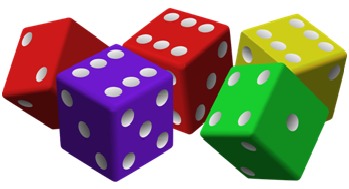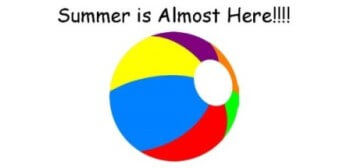Primary – Making Math Engaging at Home
Developing Number Sense in the Early Primary Years
Children in the early years of learning, naturally inquire about math concepts as they navigate the world around them. They count, name numbers, look for patterns and notice similarities and differences. Playing math games, number games and counting games can help your child development fundamental skills in the area of number sense. Here are some ideas you can use at home with your child from preschool to grade 2:
- Play Tens Go Fish-get a regular deck of cards and take out the 10s and all face cards. You should only have the Ace-9 (the Ace counts as the number 1). Deal out 7 cards and play the game of Go Fish but the pairs must equal 10 (6/4, 2/8, 3/7 etc…).
- Play the game of Dominoes-Ask your child to add the numbers on each domino as you play the game.
- Ask your child to create patterns with toys you have around the house. They can line up cars in a size or color pattern. They can use markers or crayons to draw pattern. They can use instruments or even pots and pans to create patterns involving sound. Ask your child to find patterns within numbers that they see in their environment.
- Practice skip counting with your child. Make up songs to go along with skipping counting by 5s, 10s and 2s. Counting by 5s. You can count in the car, while on walks or while you play at the beach.
- Ask your child to estimate the total bill when you are out at a restaurant. Give them the menu and help them to round the prices up or down in order to estimate the total.
- Play the game Four in a Row. Print off a number chart with a variety of numbers on it (or make one). Roll two dice and add the number together. If you have that number on your board, cover it with a cube (any marker will do). Then the other person has a go. Whoever gets four cubes in a row is the winner. To make this game more challenging, you can buy blank dice and write larger numbers on them for older students.
- Get a skipping rope and practice counting based on the number of skips your child (and you) can do.
- Sing counting songs like Five Little Ducks, Five Green and Speckled Frogs and 10 Fingers. Counting Songs and Rhymes
- Have fun with sharing problems. Help your child understand equal sharing by dividing up cookies or other items that you have baked or purchased. For example: We have 5 people in our family and Mommy bought 20 cookies. How many cookies will each of us get?
HAVE FUN!!!
Karli Walsh
BIS Early Intervention Teacher
kwalsh@baliis.net


